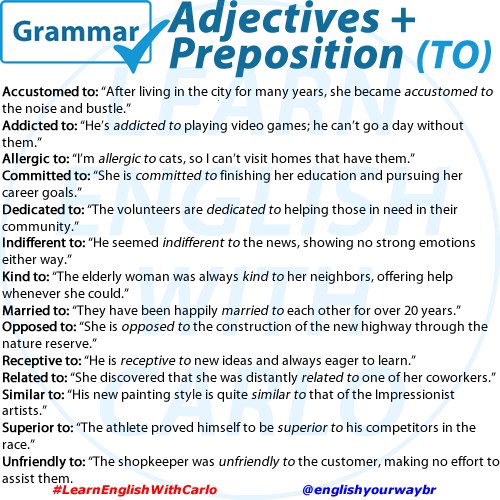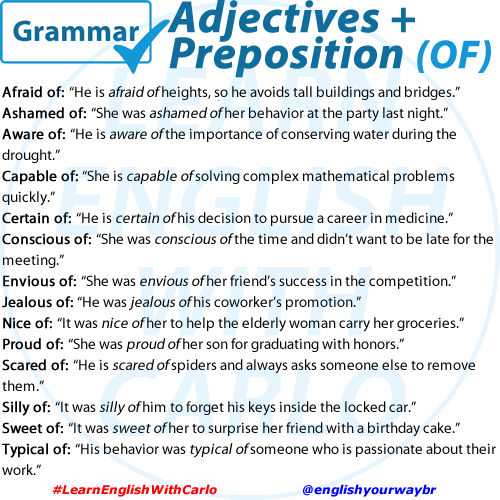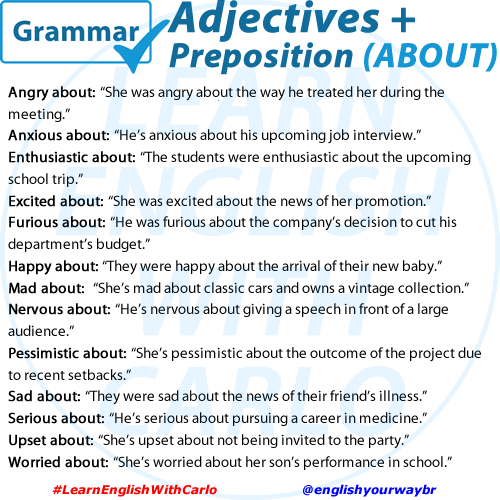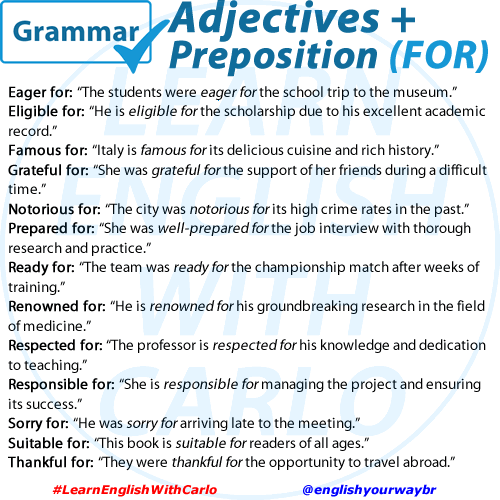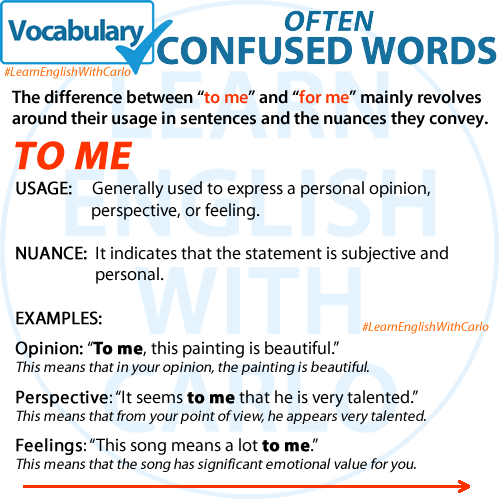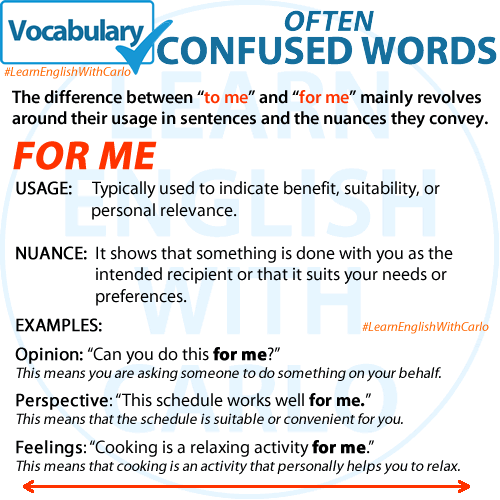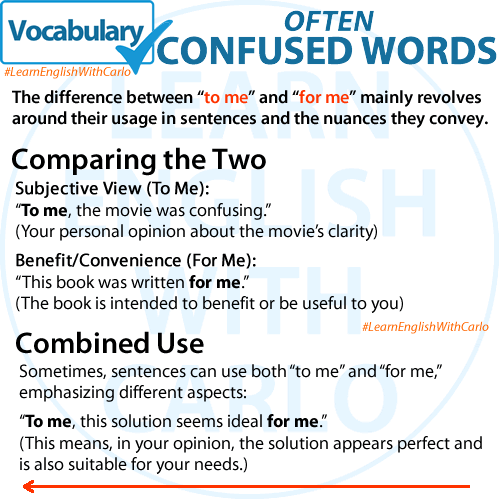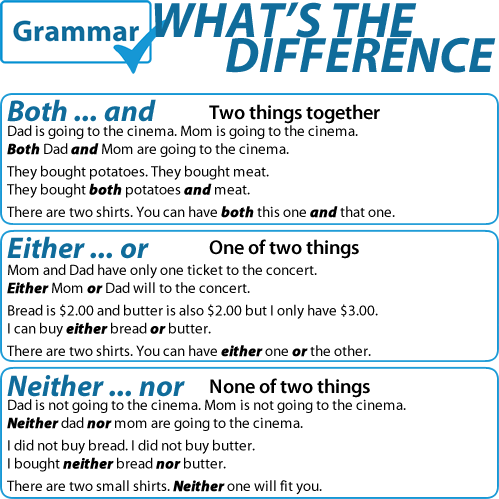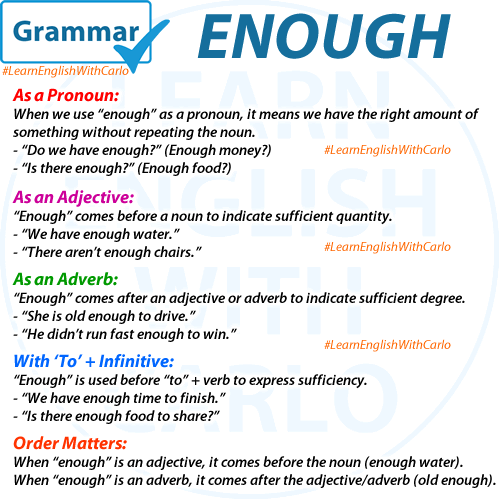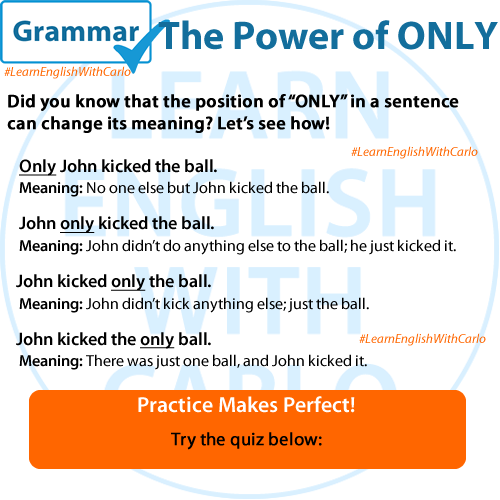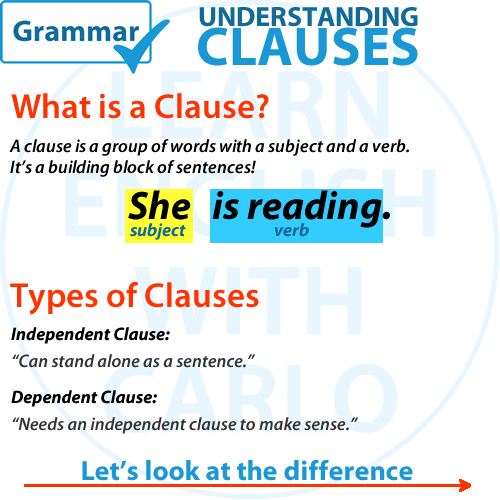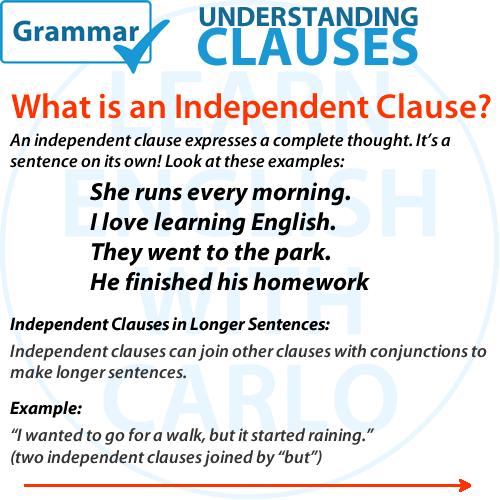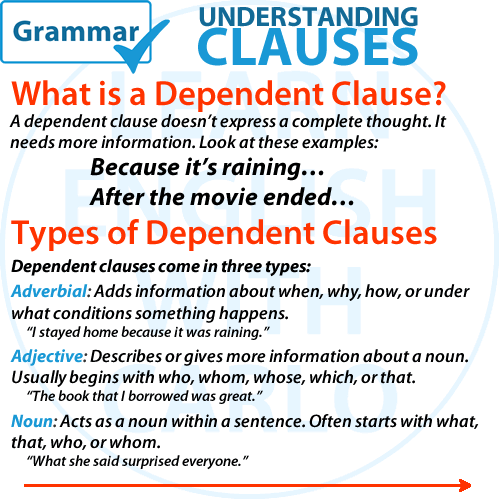
These characters are not just random symbols; they play a crucial role in writing, coding, and communication. You will learn their names, definitions, and multiple uses with practical examples. Whether you’re writing an email, composing a document, or exploring programming, knowing how to use these symbols correctly will enhance your efficiency and effectiveness.
- Period (.) Also called Full Stop, and Point (with numbers)
Definition 1: Used to indicate the end of a sentence.
Example: “This is a sentence.”
Definition 2: Used in decimal numbers.
Example: “Pi is $3.14.” (three point one four) - Comma (,)
Definition 1: Used to separate items in a list.
Example: “I bought apples, oranges, and bananas.”
Definition 2: Used to indicate a pause in a sentence.
Example: “After dinner, we went for a walk.” - Question Mark (?)
Definition: Used at the end of a sentence to indicate a question.
“What is your name?” - Exclamation Mark (!)
Definition: Used to show excitement, emphasis, or a command.
“Wow! That was amazing!” - Colon (:)
Definition 1: Used to introduce a list, a quotation, or an explanation.
Example: “She bought the following: apples, oranges, and bananas.”
Definition 2: Used in time expressions.
Example: “The meeting is at 3:30 PM.” - Semicolon (;)
Definition: Used to connect closely related independent clauses.
“I have a big test tomorrow; I can’t go out tonight.” - Apostrophe (‘)
Definition 1: Used to indicate possession.
Example: “It’s John’s book.”
Definition 2: Used in contractions to show omitted letters.
Example: “It’s a beautiful day.” - Quotation Marks (” “)
Definition 1: Used to enclose direct speech or quotations.
Example: “He said, ‘Hello!'”
Definition 2: Used to indicate titles of short works.
Example: “I love the short story ‘The Lottery.'” - Parentheses ( )
Definition 1: Used to enclose additional information or clarifying details.
Example: “He finally answered (after taking five minutes to think).”
Definition 2: Used in mathematical expressions to indicate grouping.
Example: “(3 + 2) * 5 = 25” - Brackets [ ]
Definition 1: Used to insert additional information or explanations within quoted text.
Example: “She said it was ‘a wonderful [but challenging] experience.'”
Definition 2: Used in technical manuals to indicate optional items.
Example: “Press [Enter] to continue.” - Braces { }
Definition 1: Used in mathematics and programming to group statements or expressions.
Example: “if (x > 0) { y = 1; }”
Definition 2: Used in sets to indicate elements.
Example: “{1, 2, 3, 4, 5}” - Hyphen (-)
Definition 1: Used to join words.
Example: “Long-term project”
Definition 2: Used to indicate a range.
Example: “The event is from 3-5 PM.” - Dash (—)
Definition 1: Used to indicate a break or interruption in a sentence.
Example: “He was going to—well, never mind.”
Definition 2: Used to set off parenthetical elements.
Example: “My friend—who is also my colleague—will join us.” - Underscore (_)
Definition: Used to create space in usernames or email addresses.
“My_username” - At Sign (@)
Definition 1: Commonly used in email addresses to separate the username from the domain.
Example: “My email is example@domain.com”
Definition 2: Used in social media to mention or tag someone.
Example: “Follow us @ourcompany” - Hash/Pound Sign (#)
Definition 1: Used to indicate numbers.
Example: “Please enter your #.”
Definition 2: Used on social media for hashtags.
Example: “I love #learning” - Dollar Sign ($)
Definition: Represents currency in the United States and other countries.
“This book costs $15.” - Percent Sign (%)
Definition: Indicates a percentage.
“50% of the students passed the test.” - Caret (^)
Definition 1: Used in mathematical expressions to indicate exponents.
Example: “2^3 means 2 to the power of 3.”
Definition 2: Used in editing to indicate where something should be inserted.
Example: “Insert the word here ^” - Ampersand (&)
Definition: Represents the word “and.”
“Salt & pepper” - Asterisk (*)
Definition 1: Often used to indicate a footnote.
Example: “Check the note at the bottom*”
Definition 2: Used in programming and coding for various purposes, such as pointers in C.
Example: “int *ptr” - Equal Sign (=)
Definition 1: Used in mathematics to show equality.
Example: “2 + 2 = 4”
Definition 2: Used in programming to assign values.
Example: “x = 10” - Plus Sign (+)
Definition 1: Indicates addition.
Example: “5 + 3 = 8”
Definition 2: Used to indicate a positive value.
Example: “+10 degrees” - Minus Sign (-)
Definition 1: Indicates subtraction.
Example: “10 – 5 = 5”
Definition 2: Used to indicate a negative value.
Example: “-10 degrees” - Backslash (\)
Definition 1: Used in file paths.
Example: “C:\Users\Username”
Definition 2: Used in coding to escape characters.
Example: “newline character is \n” - Forward Slash (/)
Definition 1: Used in URLs.
Example: “http://www.example.com”
Definition 2: Used to separate directories.
Example: “/home/user/docs”

